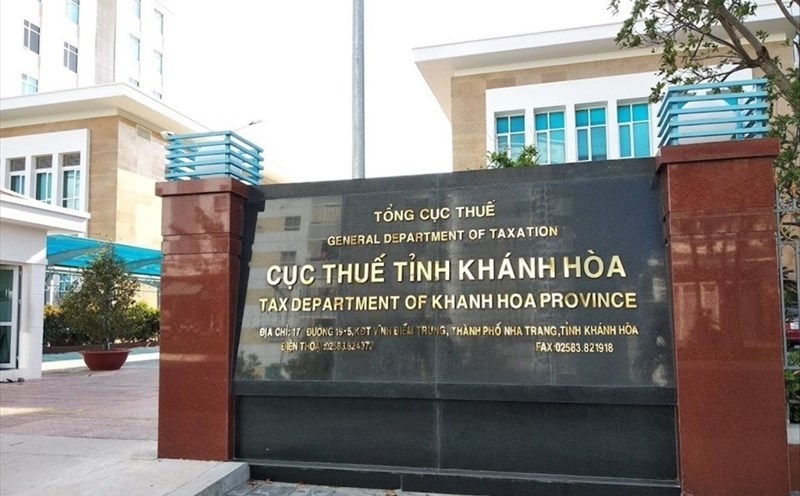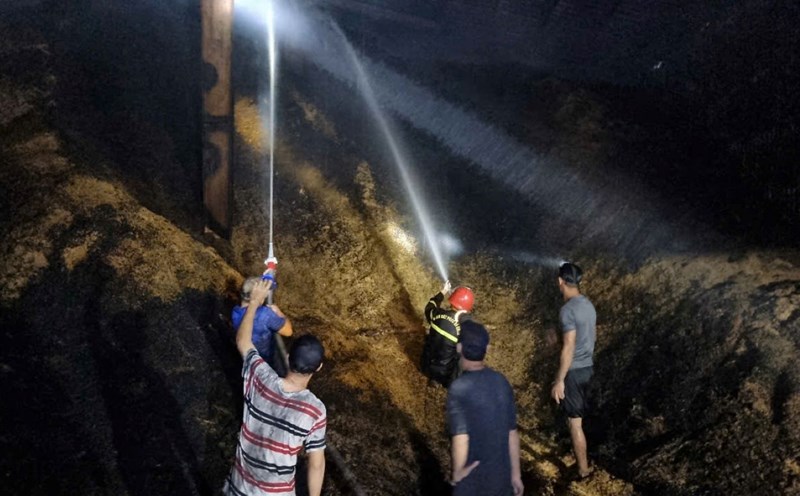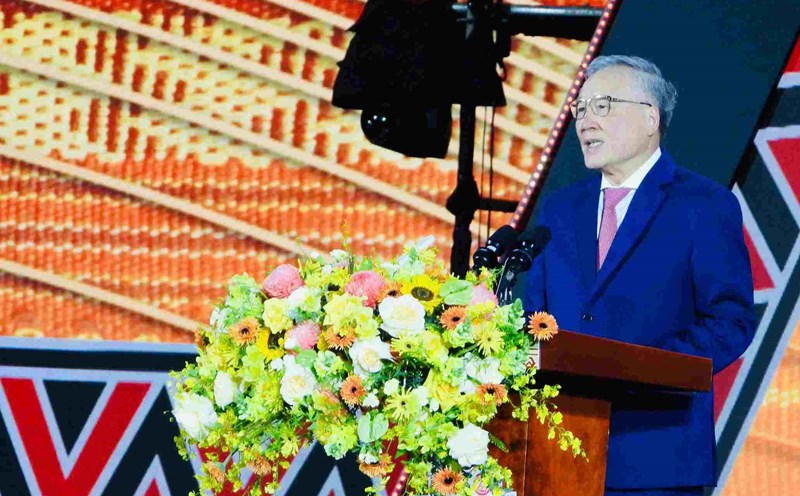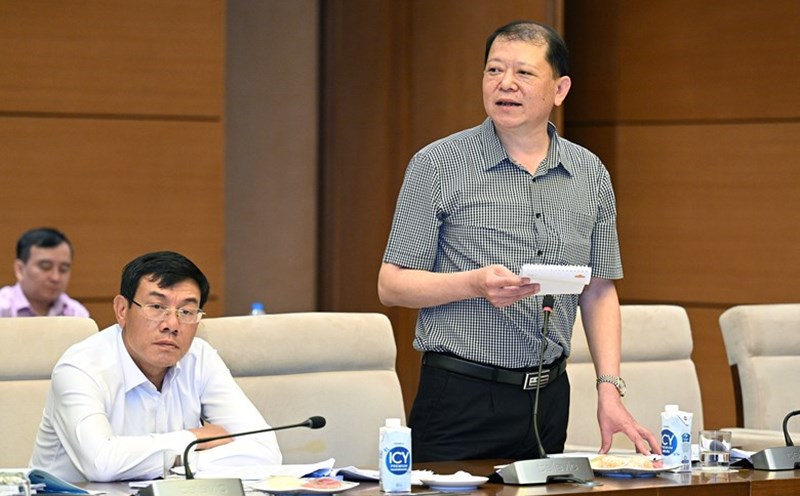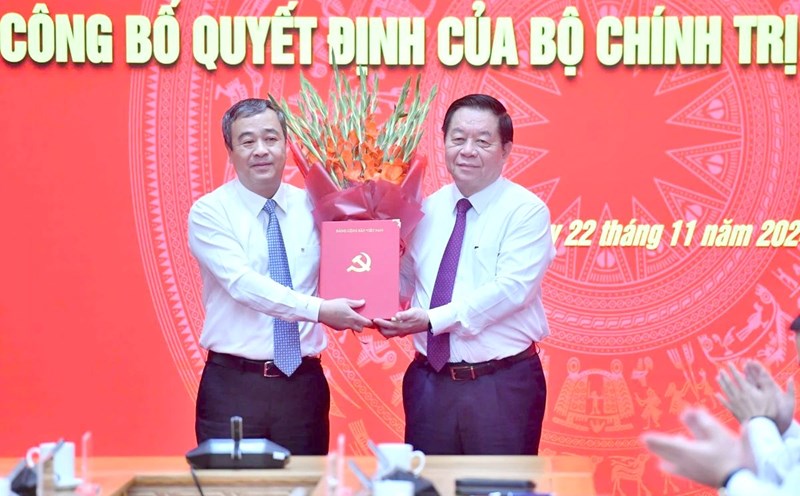After the article "Why do many businesses owe hundreds of billions in taxes in Khanh Hoa", Cam Ranh Yacht and Resort Club Joint Stock Company reported to Lao Dong Newspaper about some outstanding issues of the Cam Ranh City Gate project. From there, it recommended that local and central agencies soon have a specific mechanism to remove these obstacles.
Tax exemption then tax collection, project suspension
In 2010, Khanh Hoa province granted an investment certificate for the Cam Ranh City Gate Project to Mefrimex Investment and Development Joint Stock Company. Later, Cam Ranh Yacht and Resort Club Joint Stock Company took over the project implementation.
Cam Ranh City Gate is a project licensed for 50 years. In 2017, Khanh Hoa province adjusted the detailed planning 1/500 of the project, allowing 4.9 hectares to function as “residential land without forming residential units” and be used long-term. In this year, the investor paid 111 billion VND to the budget for one-time land rent.
After that, Khanh Hoa Provincial Tax Department decided to exempt land rent for 10 years for the entire 47.9ha project.
In 2020, the Government Inspectorate concluded an inspection that included the content that "residential land does not form residential units" is not regulated by law.
Cam Ranh City Gate project and dozens of projects in Khanh Hoa with the type of "residential land not forming residential units" must correct violations and review legality.
Implementing the conclusion of the Central Inspection Committee, Khanh Hoa province directed the Tax Department to recover the land use fee and land rent exemption for the Cam Ranh City Gate project of 171 billion VND (in 2020).
The revocation is understood to mean that the policy of exempting land rent is incorrect, forcing investors to re-fulfill their financial obligations.
Disagreeing with the policy of canceling the decision to exempt land rent, the investor filed a lawsuit. Up to now, the court has declared that the cancellation of the decision to exempt land tax and collect the above arrears is correct.
After the court's verdict, the investor's representative said that they had repeatedly requested Khanh Hoa province and the Tax Department to review the calculation method and the amount of money to be paid to fulfill financial obligations.
There are many unreasonable things that this business cited, such as the project has been suspended since 2018, but during this time the locality still calculates taxes.
Interest begets interest. Up to now, the financial obligation that the tax authority has announced that the investor must pay is 216 billion VND - the highest among tax-debt enterprises in Khanh Hoa.
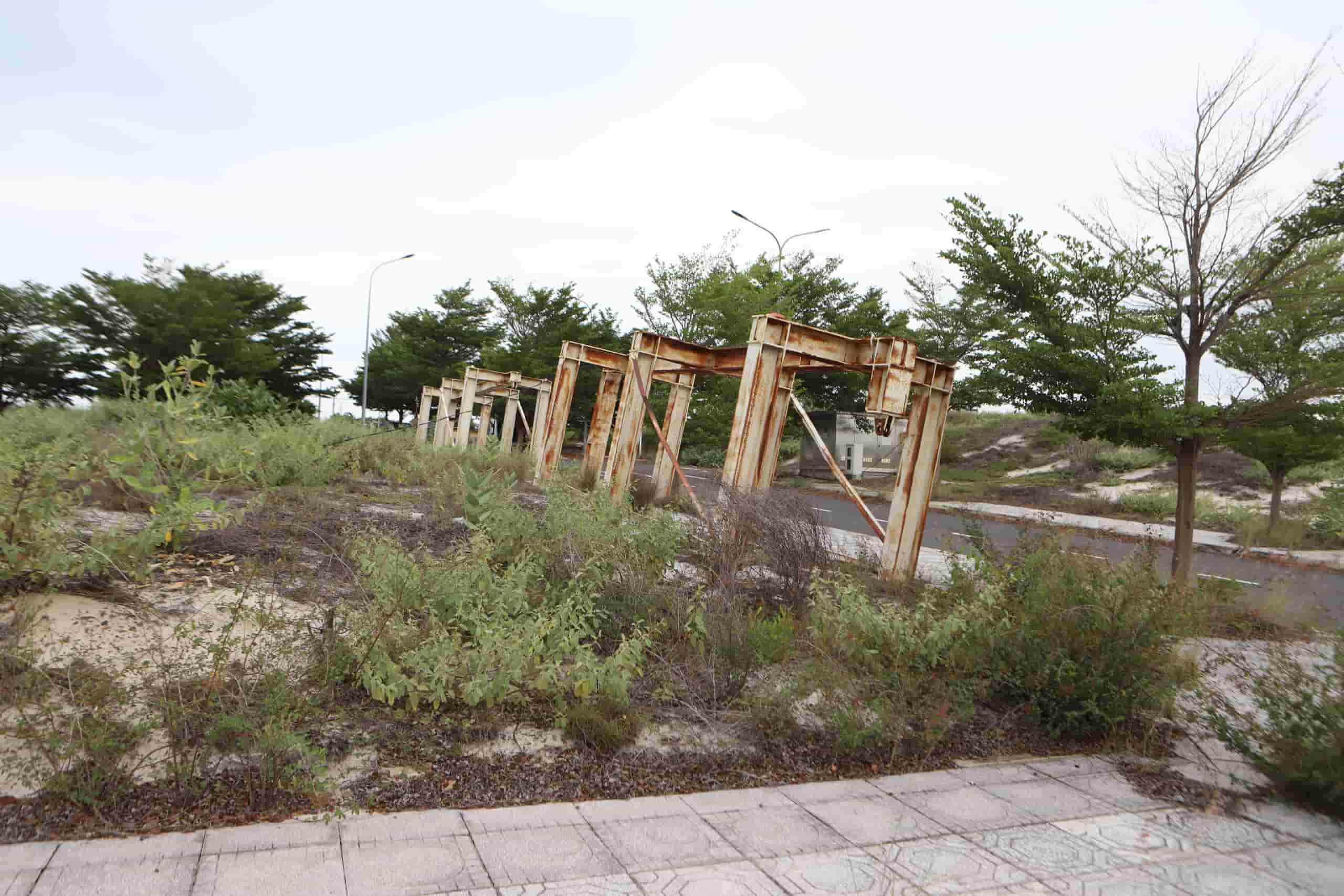
Must wait for a separate resolution to remove
According to Chairman of Khanh Hoa Provincial People's Committee Nguyen Tan Tuan, Khanh Hoa province has eliminated more than 15 projects with the content "residential land not forming residential units".
Mr. Tuan said that the conclusions of the inspection and examination showed that the land law does not have the concept of "residential land not forming a residential unit". This type is wrong and is being handled by the locality.
In the process of removing obstacles related to the type of "residential land not forming residential units", at the end of 2023, Khanh Hoa province decided to stop procedures related to this type of land until it is adjusted according to regulations.
Regarding projects that have been transferred to secondary investors, Mr. Nguyen Tan Tuan said that Khanh Hoa province currently has several directions for handling them, and can wait for a separate Resolution of the National Assembly based on the conclusion of the Politburo to resolve outstanding issues after inspection and examination.
Miserable customers claim their rights
In 2017, hundreds of households signed capital contribution contracts with the investor to buy plots of land at the Cam Ranh City Gate project. Many people had to pay 97% of the land value and the investor had a land handover record. However, more than 7 years have passed, but people have not been able to build houses because the project is stuck in legal issues.



